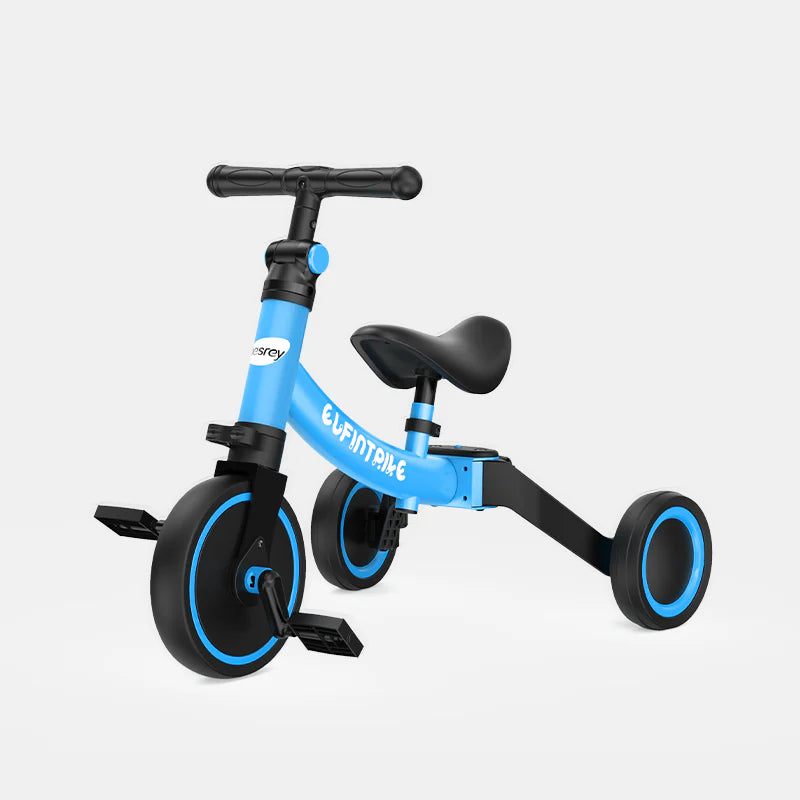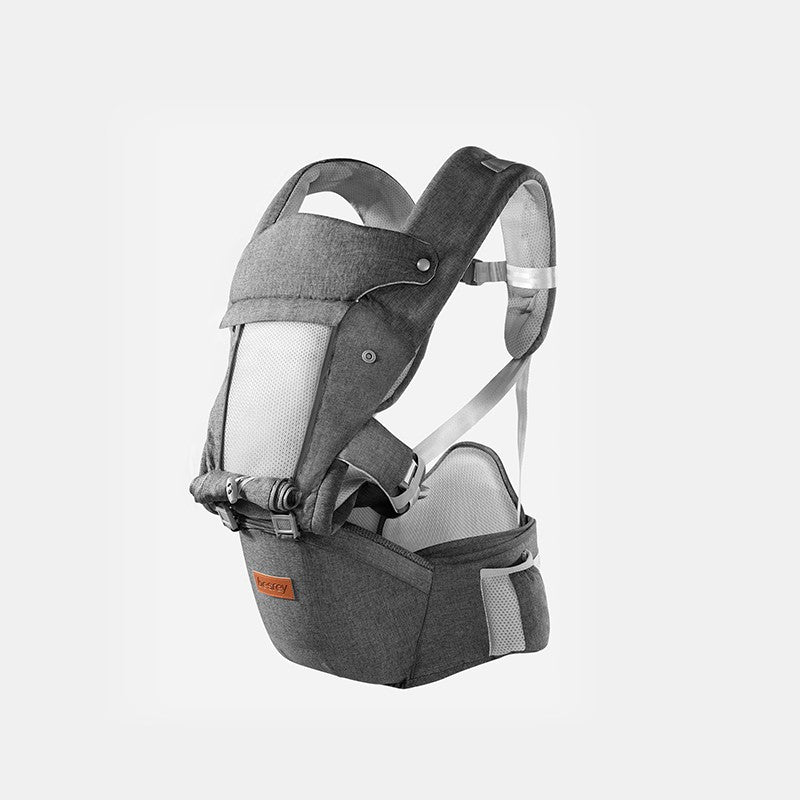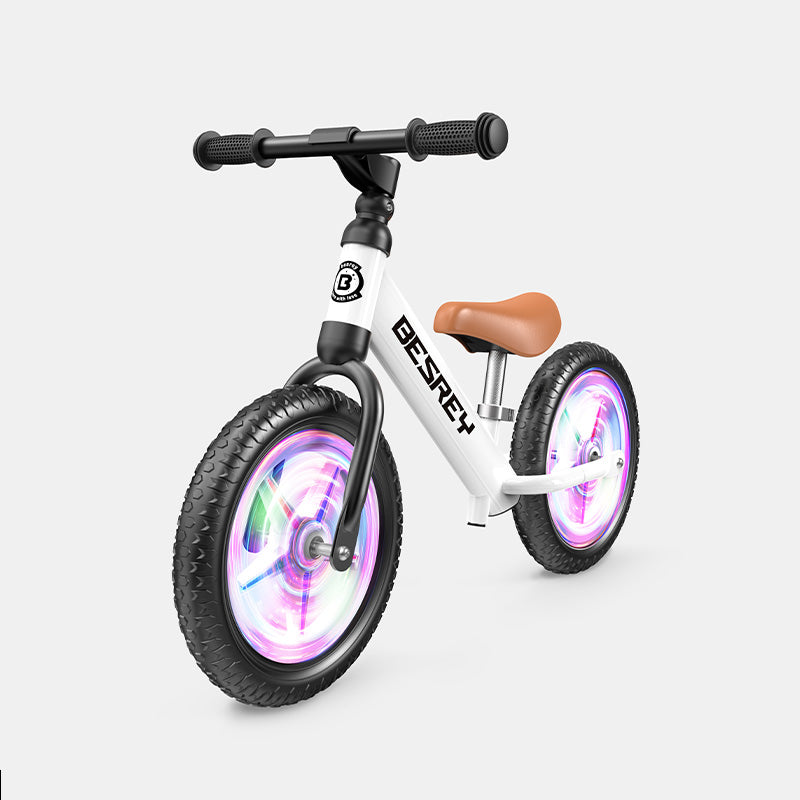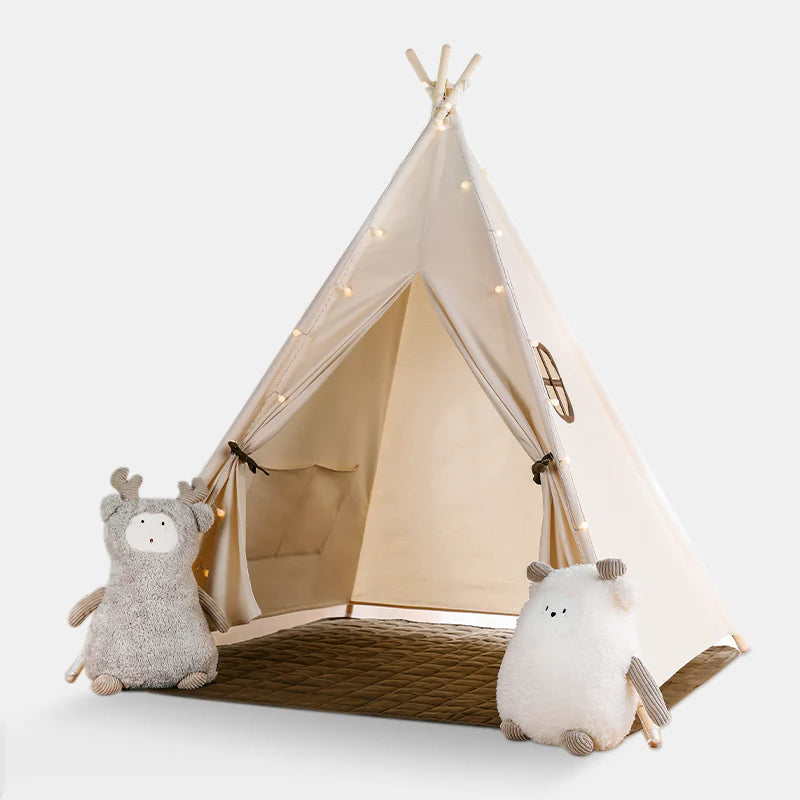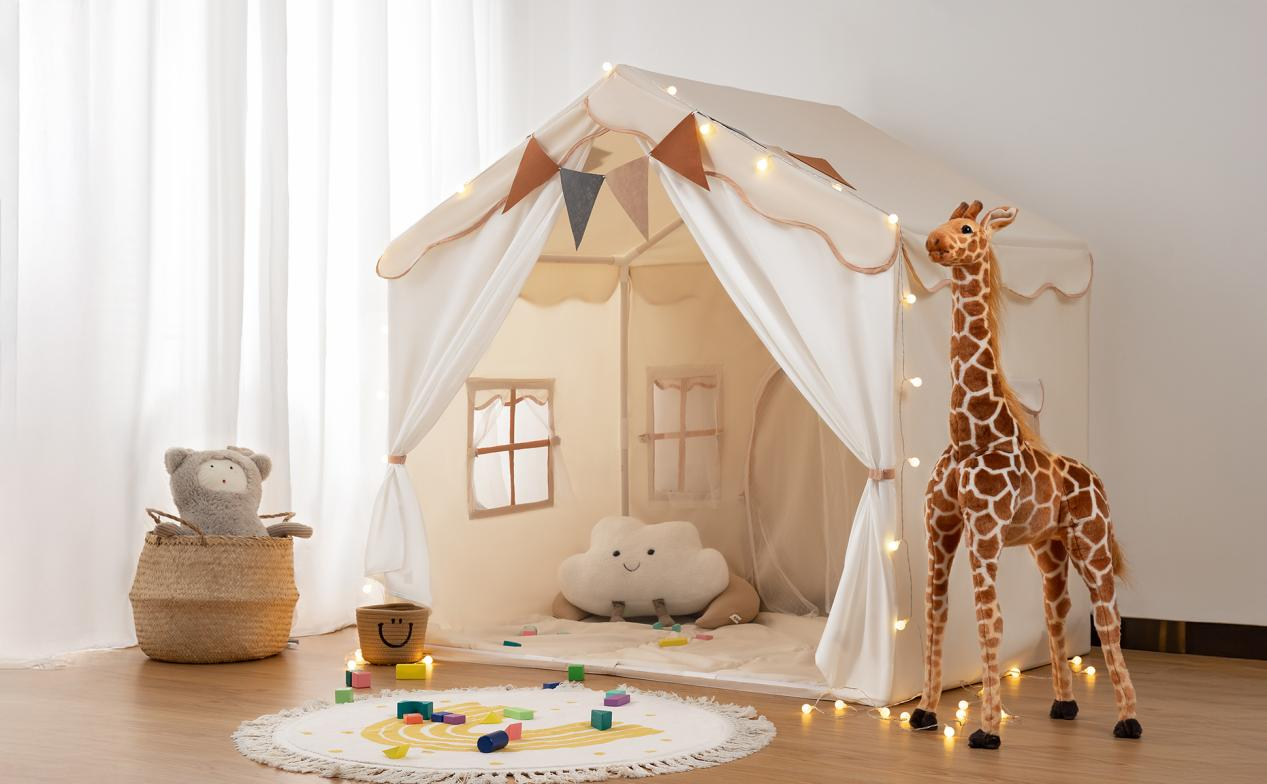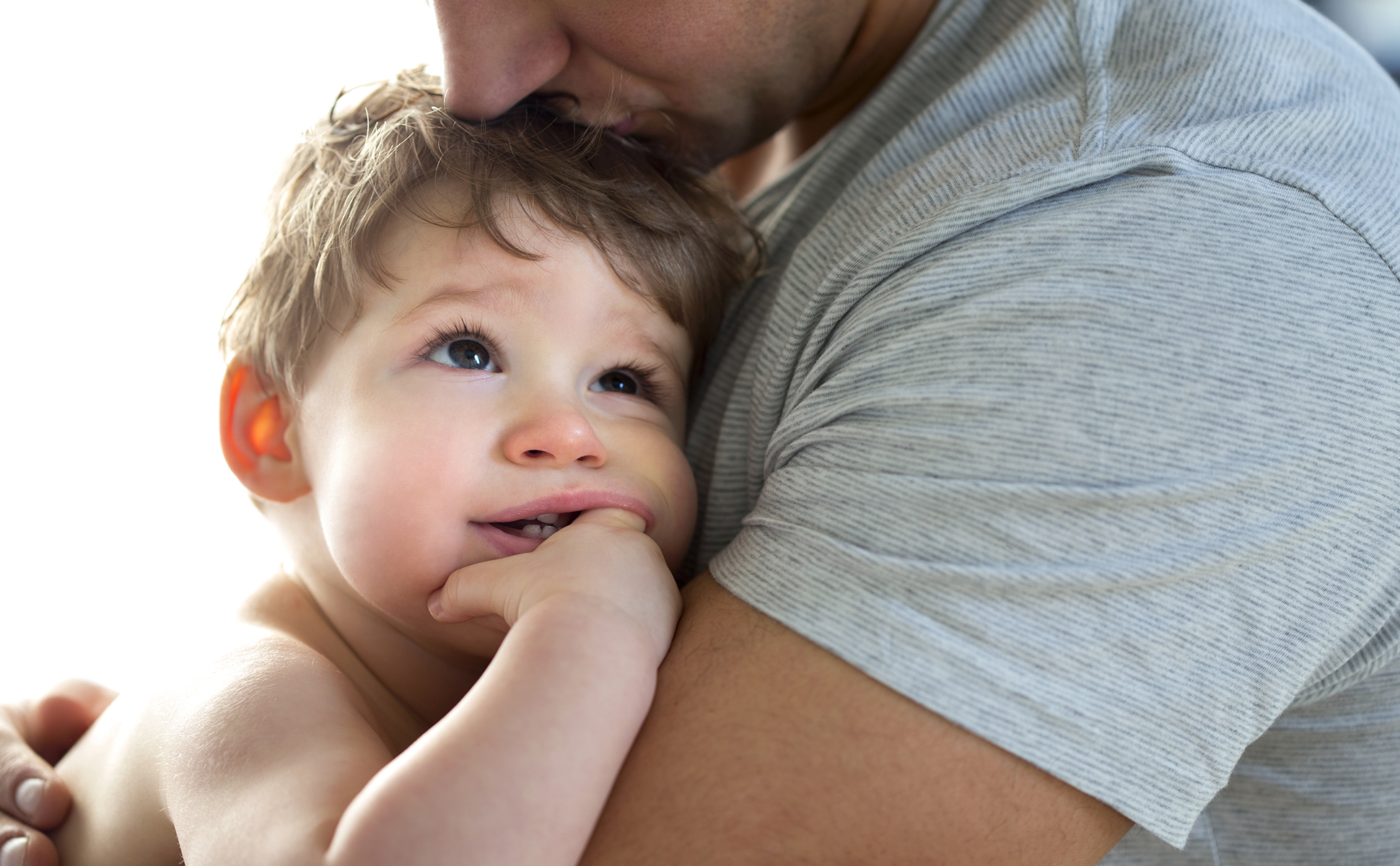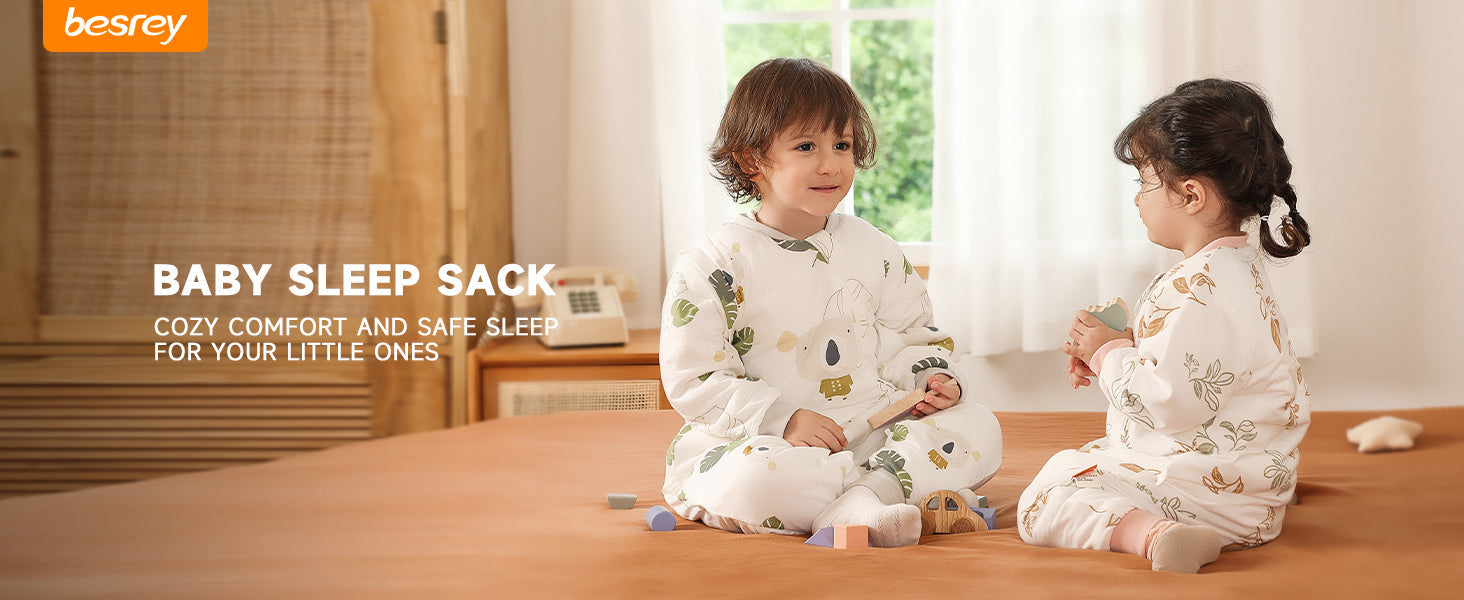Lin Lin - Jul 28 2025
5 Easy Ways to Nurture Your Child’s Mental Health. A Guide for Parents.

As parents, we naturally celebrate our children’s physical milestones—those first steps, tiny teeth, or their brave first day at school. But there’s another side to their growth that’s just as important: their mental and emotional well-being. Building a strong emotional foundation in early childhood helps kids navigate challenges, form meaningful relationships, and build lifelong confidence. And the good news? Supporting their mental health doesn’t require perfection. It’s about showing up, listening with empathy, and practicing small, everyday habits that make a big impact. In this article, we’ll explore five easy and practical ways you can nurture your child’s emotional well-being, whether you’re at home, outside, or on the go.
5 Ways to Support Emotional Growth
Conclusion
Raising emotionally healthy kids doesn’t have to be complicated, it starts with connection, curiosity, and small daily habits. By creating safe spaces for play, encouraging outdoor movement, and having open emotional conversations, you’re planting seeds for lifelong well-being.
If you’re looking for ways to support both emotional and physical growth, explore more parenting tips on our blog or check out ride-on toys like the BR-K402 scooter, designed to spark confidence and joy with every ride.



